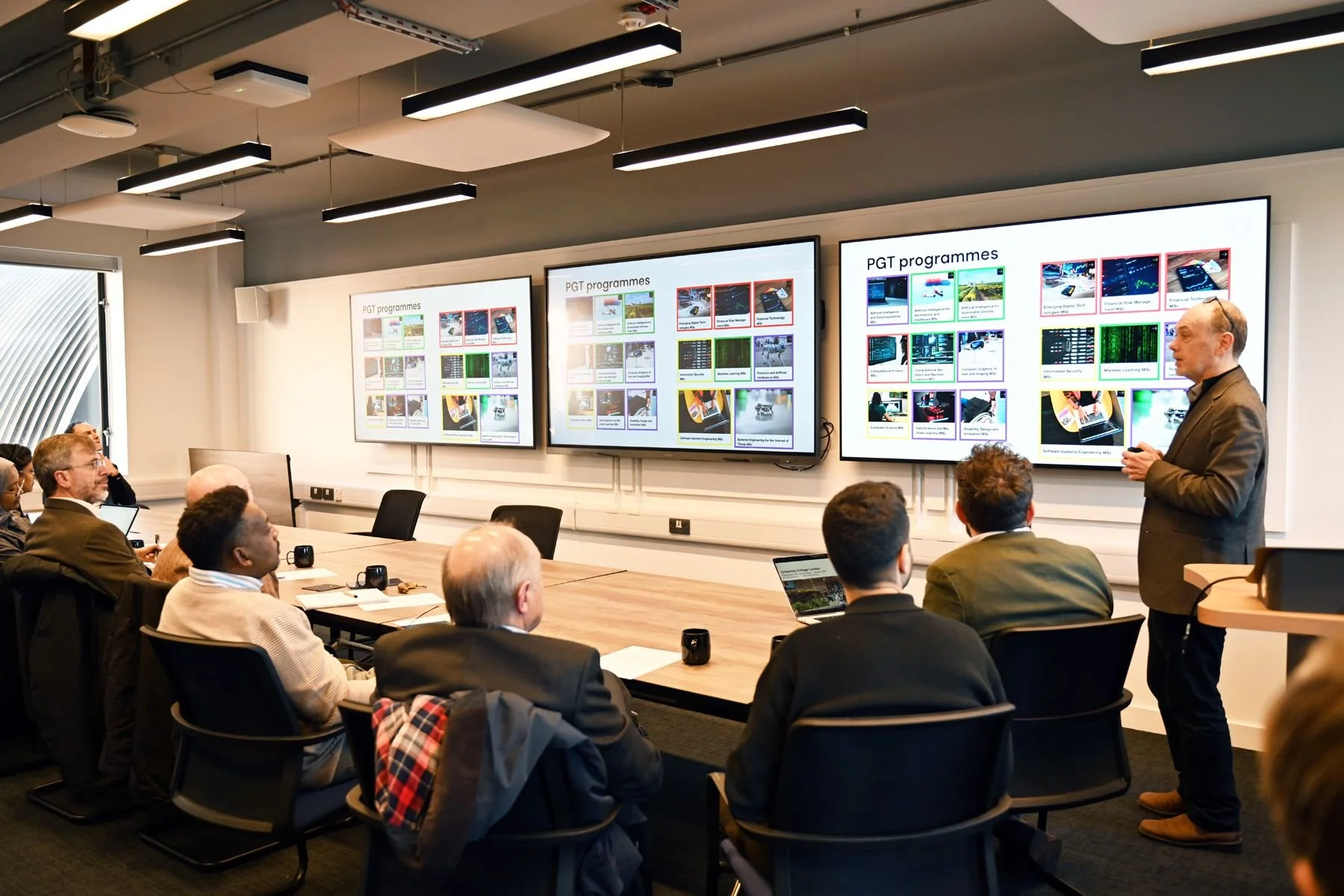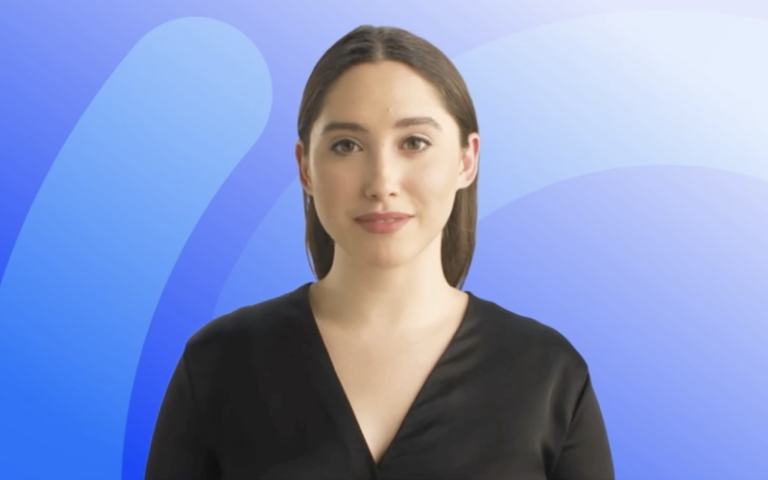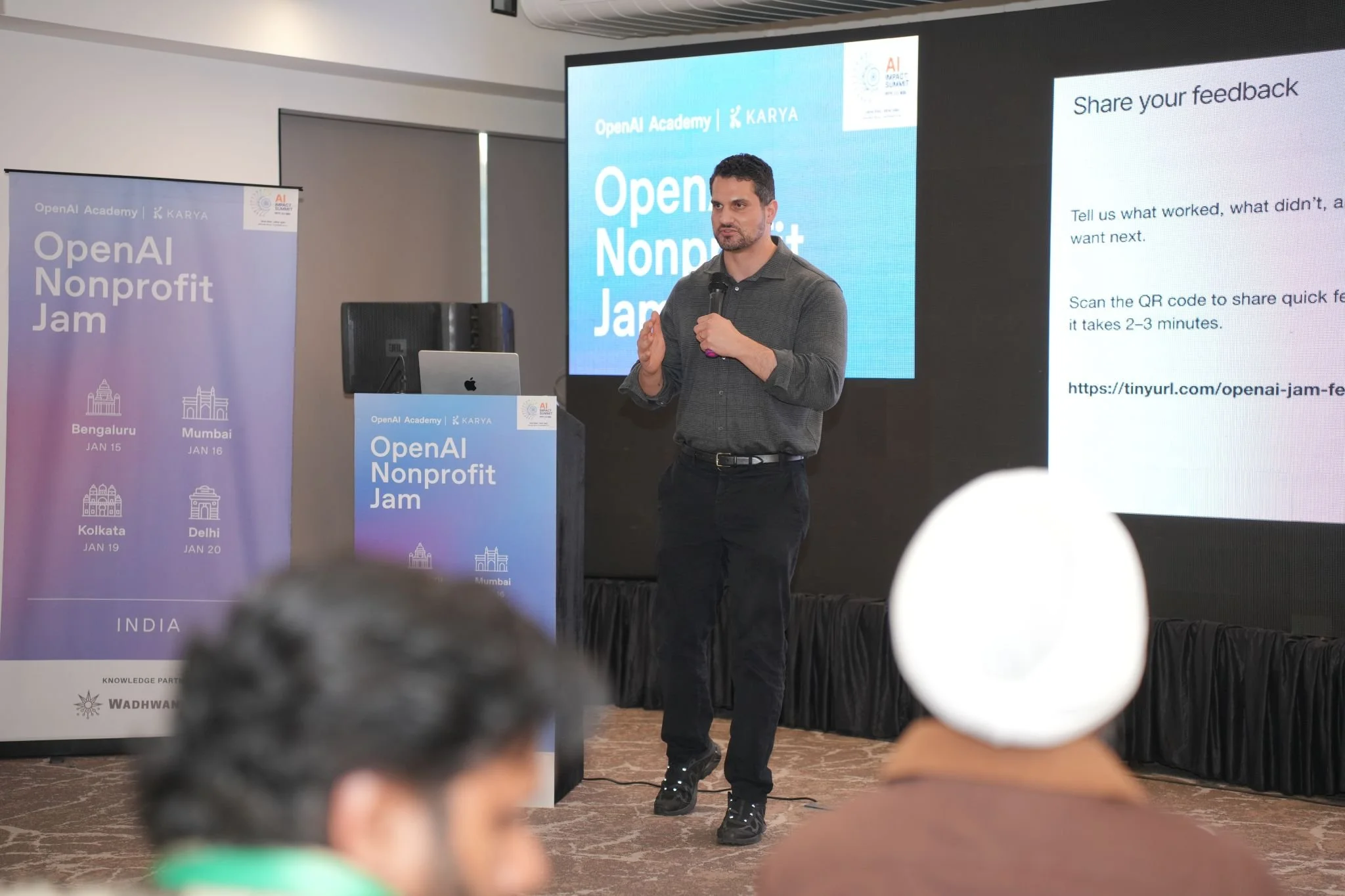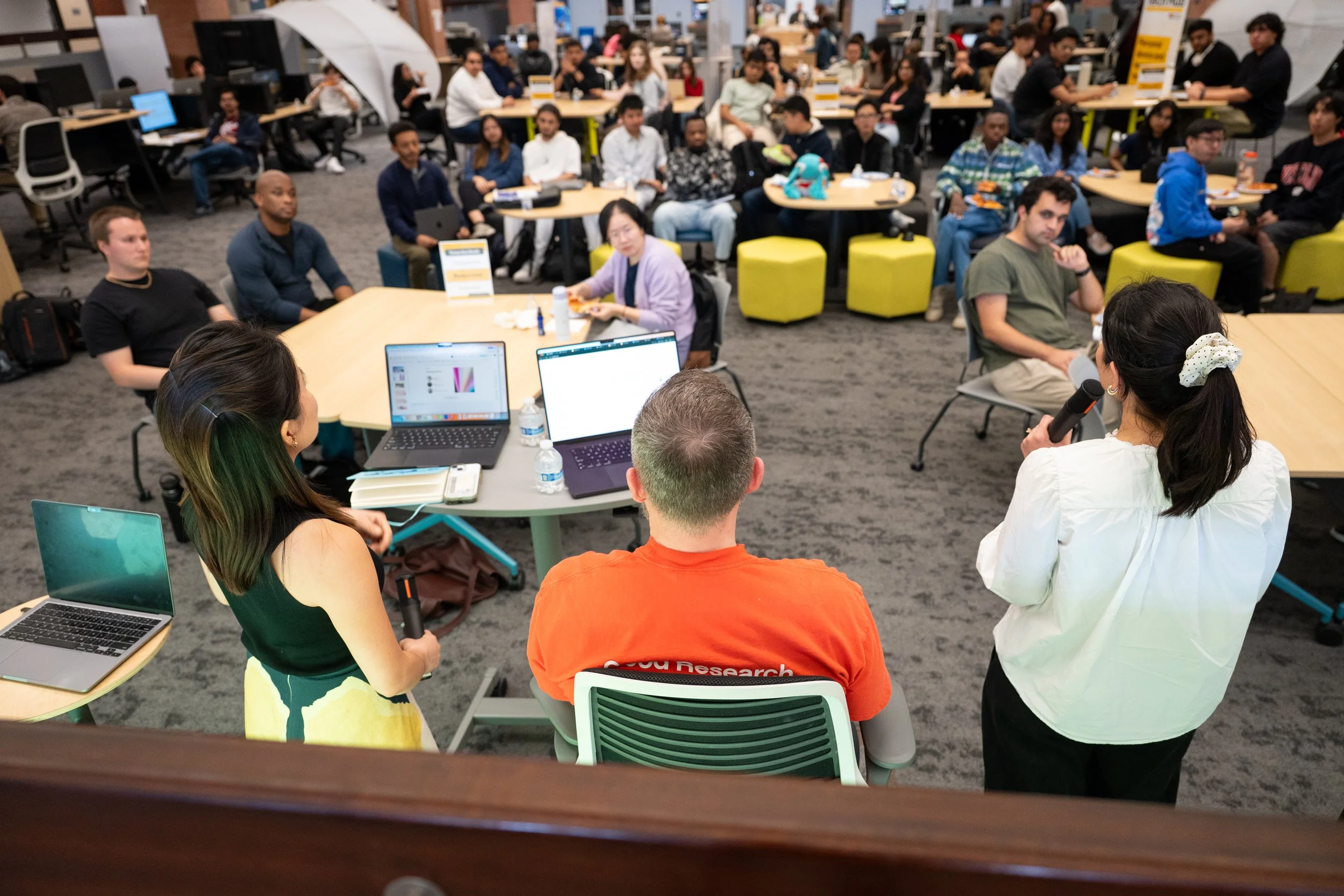How online master’s programs are making life easier for media students
Media school is already tough, even without juggling work, life, and everything in between. Whether you're chasing a career in journalism, production, or digital storytelling, it takes serious hustle.
But with online master’s programs becoming more common and more flexible, things are finally starting to get easier for media students. Such online programs, in general, are more popular than ever due to these very qualities.
Of course, some programs, like computer science, are more popular than others. But that doesn’t mean that online programs don’t have anything to offer to media students.
Instead of relocating to a city or quitting a job, you can now build your future from your laptop. All it takes is a solid internet connection, motivation, and a bit of time management. And the best part? These programs aren’t just convenient. They’re actually good. Like, really good.
Here are a few ways online master’s programs are making life a lot easier for media students.
Learning is now easier while working
Not long ago, if you wanted to earn a master’s degree in media, you had to go full-time and give up everything else. Now you don’t. You can keep your day job, report on a story in your town or shoot a documentary on the side while earning your degree. The whole system has been reworked for people like you who can’t put life on pause just to go back to school.
A master’s degree in journalism online lets you dive into journalism and the digital media world without being chained to a classroom. You can join a master’s program from anywhere, whether you’re covering local politics or creating content for your blog.
As St. Bonaventure University notes, these programs give students the chance to gain specialized skills they need, such as in areas like digital journalism. Online students don’t just watch lectures. They produce real projects, collaborate with professionals, and build a portfolio that matters.
You don’t need to be in a big city anymore
One of the biggest myths in media education is that you need to be in a media hub to succeed. That used to be true.
If you wanted the best education and connections, you had to move to New York, L.A., or London. But not anymore. Online programs bring the best instructors and industry leaders to your screen, wherever you are.
This is especially useful for students who live far from big cities or can’t afford the rising rents in big cities. With online degree programs, you still get access to top education, strong alumni networks, and even internship opportunities that don’t require physical presence. It’s a win for students from small towns, rural areas, or even different countries.
Courses that natch what’s really happening in media
Traditional classrooms sometimes fall behind when it comes to keeping up with fast-moving industries like media. Online programs, on the other hand, often move faster and adjust quicker. This means you're learning what’s actually happening in the real world of journalism, film, and media strategy.
Courses focus on new media trends, social platforms, podcasting, video editing software, and investigative journalism tools. And since many instructors are active media professionals, they bring fresh insight to class. They know what’s working in newsrooms and production houses right now, not five years ago.
Flexibility doesn’t mean lower standards
Some people assume online education is easier. That’s not really the case.
These programs still require effort, creativity, and commitment. The main difference is that you decide when and where to get things done. You’re still graded, you still meet deadlines, and you still have to produce quality work.
If anything, online learning helps you build discipline. You learn how to manage time, communicate online, and take initiative, skills that are super valuable in the media world. And because many online students are already working professionals, group projects and class discussions often bring real-world experience into the mix.
The media industry is changing fast, and you need an education that can keep up. Online master’s programs offer a smarter, more realistic way to learn. You don’t have to drop your life just to chase a degree. You can build your skills while writing stories, editing videos, or producing audio content for your portfolio.
If you’re thinking about going further in media, it’s worth looking into a master’s program that fits your lifestyle. You’ll be surprised how much is possible when the classroom comes to you. Whether you want to dig deeper into journalism or learn new media formats, online learning might just be the tool you need.





















